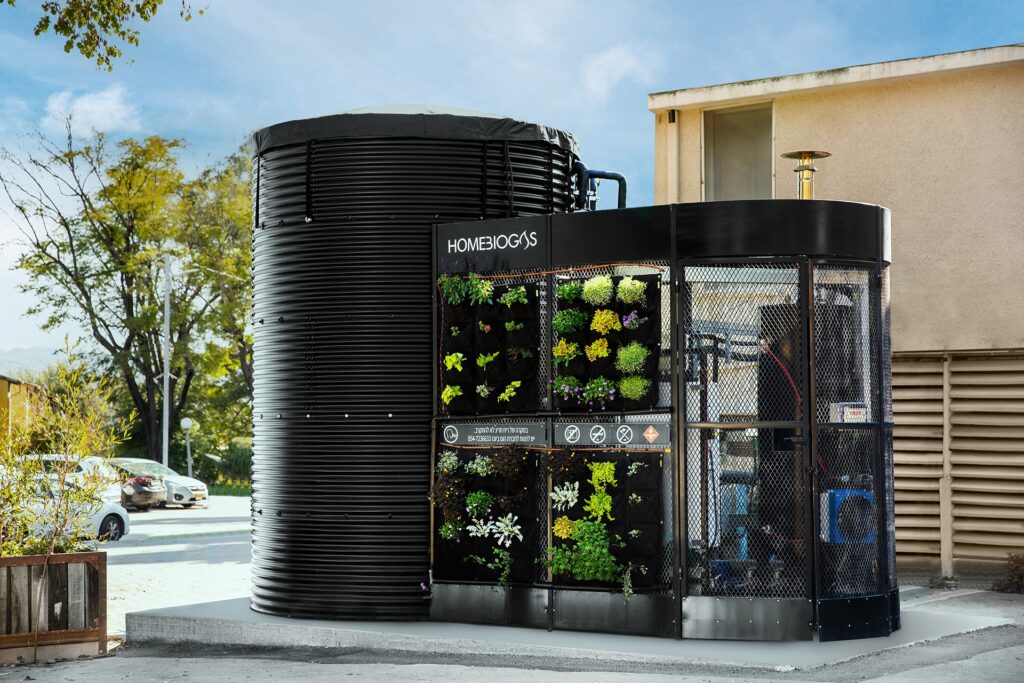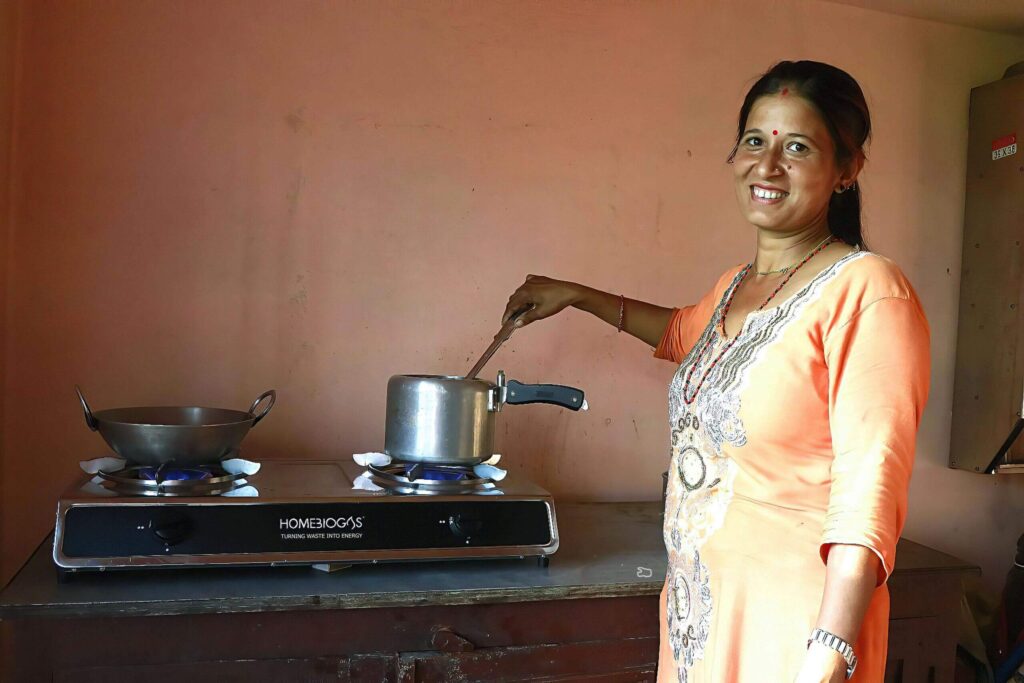
17% of all the food that is available to consumers worldwide is thrown away
This number is particularly disturbing, not only because of the food insecurity that is becoming a much more common phenomenon in many countries but also due to the huge environmental damage food waste causes. But how is all this related to our vacations?
Summer is already here, and after two years of Covid restrictions, this year hotels in Israel and the world have returned to full activity (at least for now) and are expected to be especially crowded. This crowdedness is an economic blessing for hotels, whose incomes were severely hurt during Covid, but it also means a large waste of food – based on data from Leket Israel Organization approximately 2.5 million tons of food are lost in Israel every year, and the hotel sector alone is responsible 37% of that food waste. When the buffet is filled to the brim and guests pile up food on their plates but can’t finish all of it, a lot of food is being thrown into the garbage, and a study that was published in 2021, found that the buffet is responsible for 73% of the food waste in hotels.
This food waste has a great cost, both to the environment and to the hotels themselves: according to a review that was published by Harvard University, every ton of food that is wasted in a hotel in the US has a carbon footprint of 2.75 tons and consumes 156 cubic meters of water. Every such ton costs a hotel between 3000 to 7000 dollars in utility costs, energy, labor, and more. But the good news is that there is something that can be done about it. The waste can be reduced.
Environmental and Economic Benefits
After two years of a rapid decline in income and while the world economy is marching towards a recession, cost savings is crucial for hotels; and even more important – every saving that food waste produces, contributes to the reduction of greenhouse gas emissions, and assists in the global fight against climate change. With several steps, hotels can dramatically reduce their food waste and save a lot of money.

A report by Champions 12.3 Organization, which is dedicated to the reduction of food waste, has reviewed 42 hotels that have implemented steps for reducing food waste, in 15 countries. The report, which was published in 2018, found that for every investment of one dollar in steps that prevent waste, there was a return of 7 dollars on average. The return on investment in such a large ratio is derived from a series of actions: rethinking the buffet, purchasing less food, reusing excess food in new dishes, reducing costs of managing the waste, and raising the awareness of food savings.
The report analyzed hotel chains like MGM, and Sofitel, found that in just one year over 70% of the hotels were successful in recouping their investment in reducing the waste and reduced the food waste in their kitchens by 21% on average.
“This report clearly shows that reduction of food waste in hotels is not just the right thing to do in terms of the environment, but it’s also right on a business level,” says Dave Lewis, Chairman of Champions 12.3, “So even if they couldn’t care less about moral command, the business aspect should convince every CEO.”
Lewis knows what he’s talking about – he himself served as CEO of the huge international supermarket chain Tesco during the years 2014-2020, and he saw on a daily basis the extent of the food being purchased and thrown out.
Turning food waste into energy
When talking about home consumption, reducing food waste is relatively simple and every one of us can implement changes in consumption habits that will reduce the amount of food we throw out. In hotels, however, even after a reduction at the source of the purchases, large amounts of food remain wasted – at the buffet, in the kitchen, and in the rooms. Even hotels that were successful in reducing the food waste by over 20%, as the Champions report showed, still continue throwing a lot of food to the garbage.
While donating the leftover food is a great way to reduce food waste, it’s not always possible for different reasons, and when talking about large amounts of food on a daily basis an organized solution is required. This is where an innovative system comes in, one that treats the food waste and turns it into renewable energy.
The system developed by Israeli HomeBiogas, can treat over 1 tone of organic waste a day and turn it into biogas – that is used for heating water in the hotel. This solution saves the hotel operational costs, alongside the savings in costs of handling and disposing of the waste that is created directly.

The use of the system, which is marketed these days worldwide, also prevents burying the waste in landfills, which is a destructively polluting process, since burying waste in landfills causes emissions of methane gas, a greenhouse gas 84 times more potent than carbon dioxide. In addition to all of that and similarly to other compost systems, the system produces liquid fertilizer that is directed for fertilizing plants – an organic by-product that can turn any hotel into a greener one.
THIS ARTICLE WAS TRANSLATED FROM THE ORIGINAL ARTICLE PUBLISHED IN MAKO IN JUNE 2022





